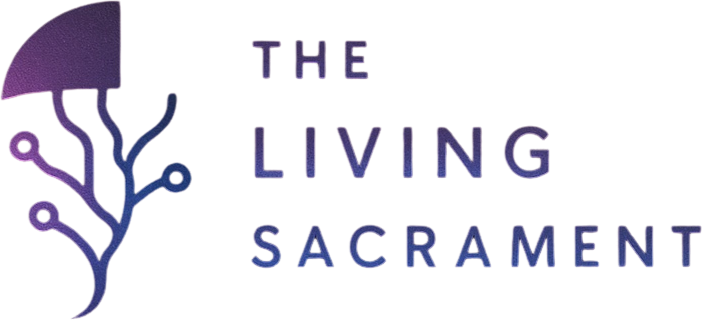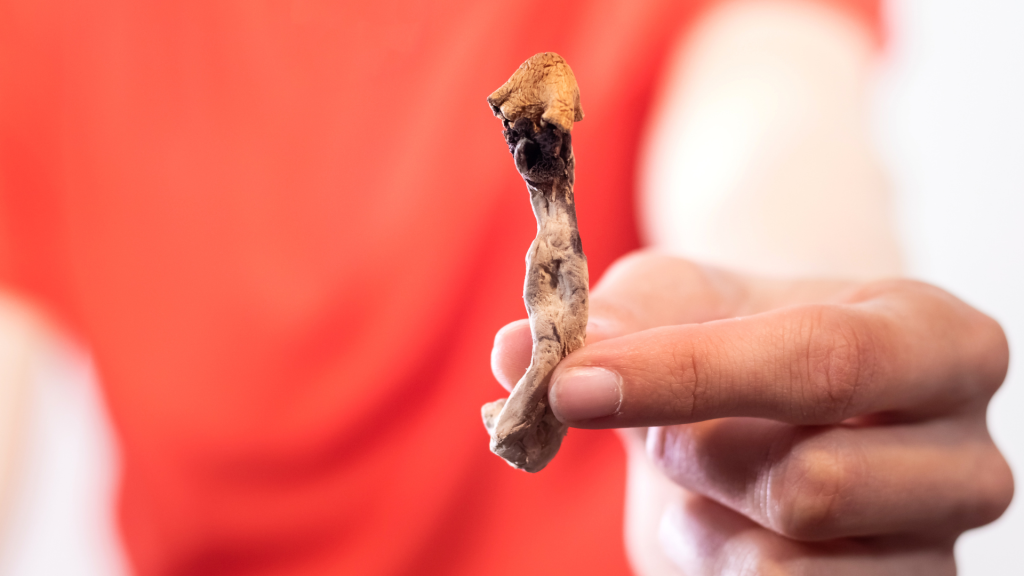Magic mushrooms (available in offerings) have been part of human culture for centuries. In recent years, research has turned to psilocybin, the main active compound in these mushrooms, to see how it affects health. While more studies are still needed, the findings so far are promising. Let’s look at the main health benefits linked to psilocybin mushrooms.
Mental Health Support
One of the most studied areas is depression. In clinical trials, people who received psilocybin therapy showed major drops in depression symptoms. These improvements often lasted weeks or even months after just one or two sessions. Unlike standard antidepressants, which may need daily use, psilocybin seems to bring long-lasting relief after limited doses when paired with guided therapy.
Anxiety is another focus. Studies with patients facing life-threatening illnesses found psilocybin reduced anxiety and gave many a greater sense of peace. Some participants described feeling less fear and more acceptance.
Early research also suggests psilocybin may help with obsessive-compulsive disorder by loosening rigid thought patterns. While results are still early, the potential is strong enough that more clinical trials are now underway.
Lasting Changes in Mood and Outlook
Surveys of people who use psilocybin outside labs show many report better overall wellbeing. Common themes include improved mood, less stress, and more life satisfaction. Some describe psilocybin as helping them see problems in new ways, which supports healthier coping over time.
These self-reports match what scientists are beginning to measure in controlled settings. Brain imaging suggests psilocybin temporarily increases communication between brain networks that normally stay separate. This may explain why people feel new perspectives and lasting mood benefits after their experiences.
Neuroplasticity and Brain Health
A growing body of research suggests psilocybin may promote neuroplasticity. This is the brain’s ability to form new connections and pathways. Strong neuroplasticity is linked to learning, resilience, and recovery from mental health disorders.
Lab studies show psilocybin can encourage growth of new neuron connections in animals. In humans, indirect evidence supports the same idea. This ability to “rewire” may be one of the reasons psilocybin seems to help break patterns of depression or addiction.
Potential for Addiction Treatment
Another area of interest is substance use disorders. Pilot studies have found psilocybin may help people quit smoking or reduce heavy drinking. In these studies, participants not only reduced their substance use but also reported a stronger sense of purpose and control.
While these results are early, they highlight psilocybin’s potential as a tool for breaking harmful cycles and supporting recovery.
Emotional and Spiritual Benefits
Beyond clinical measures, many people describe psilocybin experiences as deeply meaningful. Users often report a greater sense of connection to others, nature, or life itself. These kinds of experiences can have lasting positive effects on how people view their lives.
Some researchers note that these “mystical-type” experiences are often linked to the strongest therapeutic outcomes. In other words, the emotional and spiritual aspects may be part of what drives the health benefits.
Things to Keep in Mind
While psilocybin shows promise, it is not without risks. Short-term side effects can include nausea, anxiety, or confusion during the experience. For a small number of people, the trip may bring challenging emotions or panic. That is why clinical studies always include professional support.
Psilocybin is also still illegal under federal law in the U.S. Outside of approved research or special state programs like Oregon’s psilocybin services, access remains limited.
The Bottom Line
Magic mushrooms are no longer just a cultural curiosity. Modern science is uncovering real health benefits, especially for mental health. From reducing depression and anxiety to boosting wellbeing and supporting neuroplasticity, psilocybin mushrooms show strong potential.
More research is needed to fully understand how and why these benefits happen. For now, the evidence suggests psilocybin could play an important role in future mental health care.
Sources
- Davis AK, et al. Effects of Psilocybin-Assisted Therapy on Major Depressive Disorder. JAMA Psychiatry. 2020.
- Haijen ECHM, et al. Naturalistic psilocybin use is associated with persisting improvements in mental health symptoms and general wellbeing. Front Psychiatry. 2023.
- Ly C, et al. Neuroplasticity and Psychedelics: a comprehensive examination of classic and non-classic compounds. arXiv. 2024.

